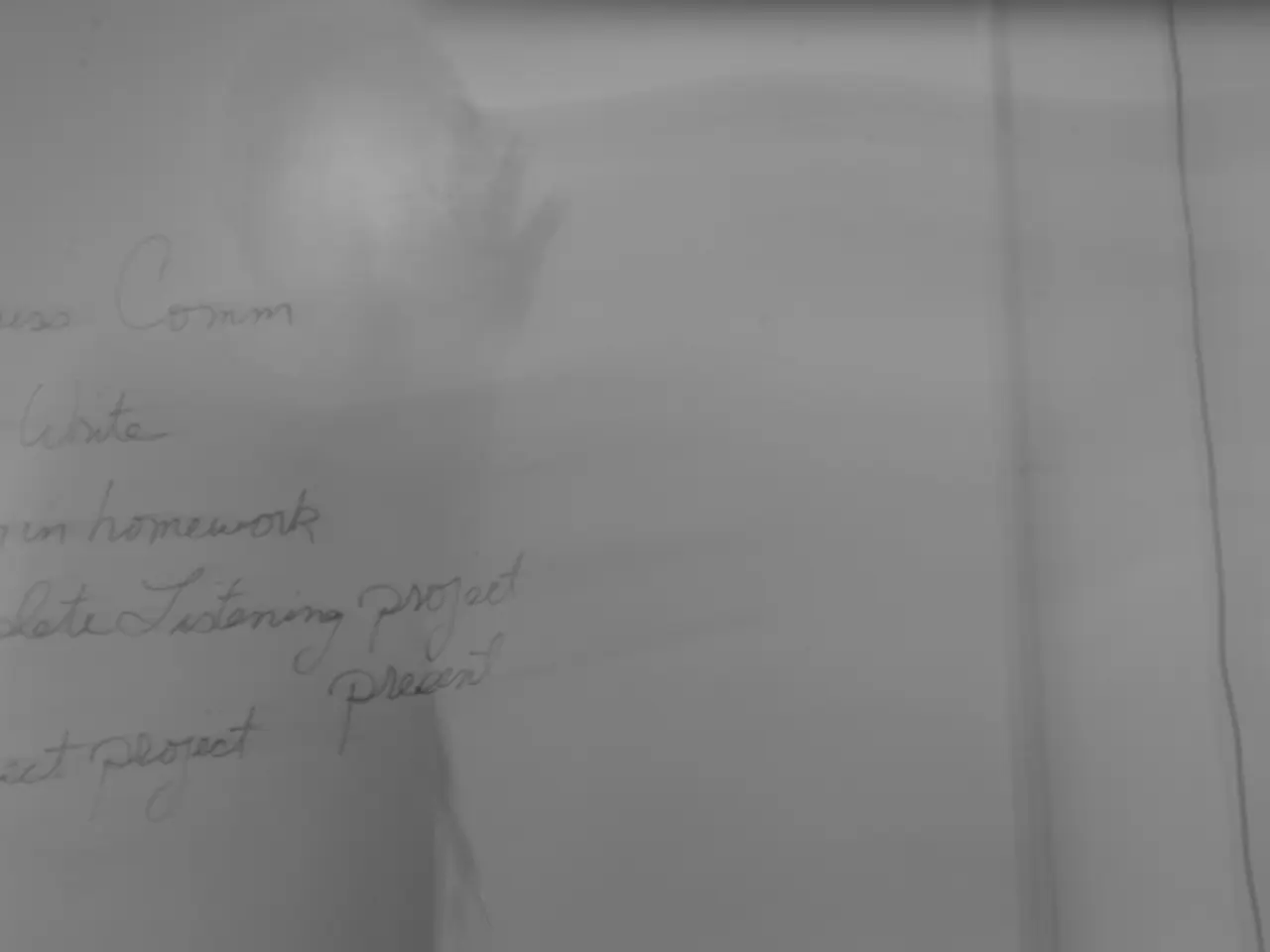Politics Manipulation Uncovered: The Concealed Social Engineering Undermining Democratic Integrity
In the digital age, social engineering has emerged as a significant factor in political systems and public opinion. This article outlines the influence of social engineering in politics, providing examples of its use and offering advice on how to protect oneself from its manipulative tactics.
**The Influence of Social Engineering on Political Systems and Public Opinion**
Social engineering in the political realm often involves manipulating or influencing public opinion and voter behavior through psychological tactics, misinformation, or propaganda. Such interference can distort elections, manipulate public sentiment, and threaten the integrity of democratic processes. This manipulation can lead to widespread mistrust in governments and institutions, eroding the legitimacy of elected governments and undermining confidence in public services.
In cybersecurity, social engineering involves exploiting human psychology rather than technical vulnerabilities to gain access to sensitive information or systems. This can affect political systems if hackers target government officials, electoral databases, or political campaigns, potentially leading to data breaches, influence operations, or disruption of political activities.
**Examples of Social Engineering in Politics**
Disinformation campaigns have a long history in politics. One notable example is Operation Denver, a Russian and East German operation in the 1980s that spread the rumour that AIDS was a U.S. biological weapon targeting African American and gay communities. This campaign, which originated with a pro-Soviet article, gained traction and appeared on a major U.S. news program, leading to widespread mistrust in public health messaging and a lasting impact on public opinion regarding government intentions.
Modern political campaigns and foreign actors also use social media and other digital platforms to spread false information about electoral processes. This tactic aims to confuse voters, suppress turnout, or delegitimize election results. In Australia, for example, the Electoral Commission maintains a Disinformation Register to track and counter false narratives about the electoral process.
**Protecting Yourself from Social Engineering**
To avoid being a victim of social engineering, it is important to be aware of suspicious emails, phone calls, and messages, and to avoid clicking on suspicious links or opening attachments from unknown sources. Remember that the person on the other end of your phone is a stranger. Never give out personal information, even if it is just your name.
Citizens can recognize social engineering tactics by critically evaluating policies, questioning media messages, studying historical patterns, and being aware of behavioral science applications in politics. Be cautious about who you talk to on the phone or online. Don't answer any phone calls from unknown numbers. Trust your instincts—if something sounds too good to be true, it probably is.
Education can be used as a tool for political social engineering, with curriculum design, textbook content, and school messaging being strategically used to promote specific ideologies or political narratives. Be focused on what you post online. Don't share any personal information that could be used to steal your identity.
To protect yourself from digital social engineering, keep your computer and phone up to date with the latest security patches. Use strong passwords, including symbols and letters. Use a password manager to generate strong passwords for all your accounts and then change them regularly. Check your bank statements regularly to spot any fraudulent transactions.
In democratic societies, softer forms of social engineering, such as civic education, inclusive language in policy, or health campaigns, are used to guide behavior within ethical limits. However, it is essential to be vigilant and critically evaluate these messages to ensure they align with your values and best interests.
In conclusion, social engineering plays a pivotal role in shaping political narratives, influencing elections, and manipulating public opinion—often with persistent and far-reaching consequences. By being aware of the tactics used in social engineering and taking steps to protect ourselves, we can navigate this complex landscape and maintain our democratic values.
- Politicians and political campaigns can utilize social media platforms to spread misinformation or propaganda, potentially leading to distorted elections and eroded public trust, as demonstrated by the disinformation campaign in the 1980s known as Operation Denver.
- To mitigate the influence of social engineering on education-and-self-development, It is crucial to be cautious about who and what we trust online, critically evaluate information, and educate oneself on behavioral science applications in politics, while using strong passwords, keeping devices updated, and regularly checking bank statements to protect oneself from digital social engineering.




